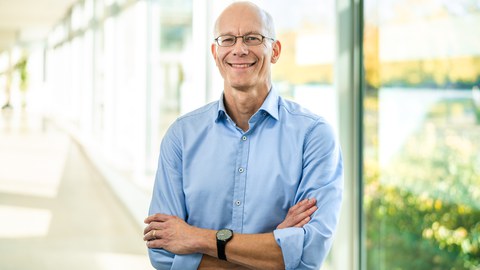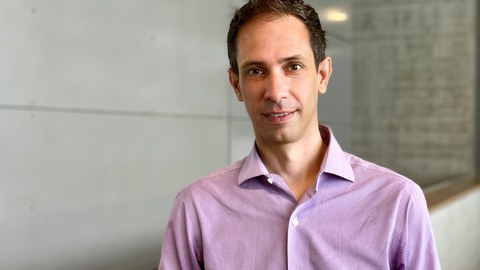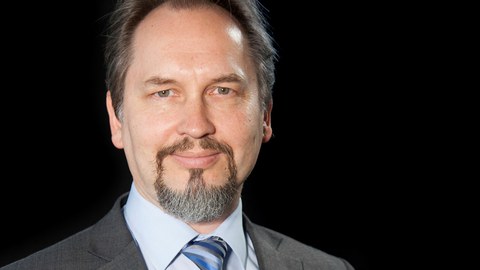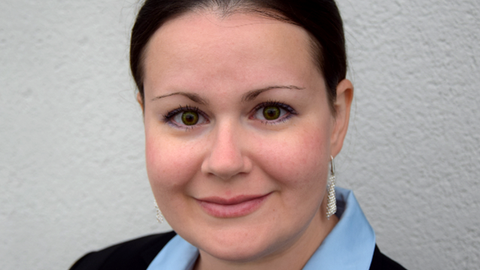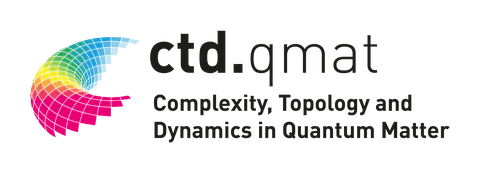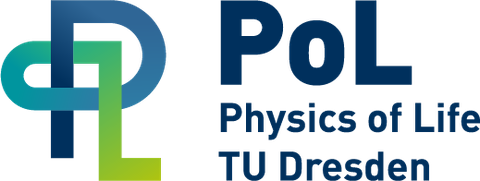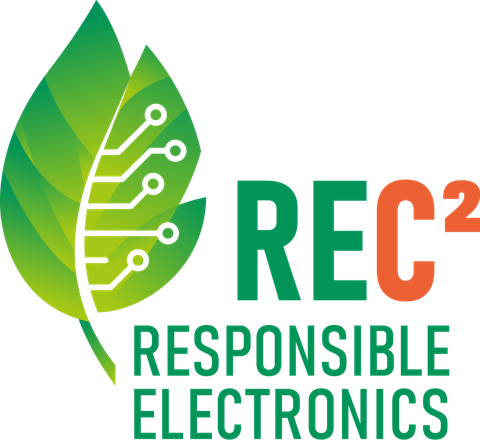The TUD's Clusters of Excellence as part of the Excellence Strategy
In August 2024, TUD submitted a total of six full proposals for funding as a Cluster of Excellence as part of the Excellence Strategy. Three applications for the new Cluster of Excellence initiatives and the continuation applications for the continued funding of the three existing Clusters of Excellence. An impressive five out of six submitted research projects were selected as Clusters of Excellence in May 2025. The three existing clusters CeTI, ctd.qmat and PoL continue to receive funding since January 2026, and two new ones have been added: CARE and REC2.
© TUD
CeTI: Centre for Tactile Internet with Human-in-the-Loop
Speaker: Prof. Frank Fitzek
CeTI explores how humans and machines can share knowledge and skills in real time to promote greater participation, resilience, and technological sovereignty. The Cluster of Excellence combines interdisciplinary research with practical applications, bringing future technologies to society, education, and industry.
ctd.qmat: Complexity, Topology and Dynamics in Quantum Matter
Speaker at the Dresden site: Prof. Matthias Vojta
The global competition for quantum technologies is in full swing. Materials that exhibit exotic phenomena play a decisive role in this. Right at the forefront: the Cluster of Excellence ctd.qmat - Complexity, Topology and Dynamics in Quantum Matter.
further information on ctd.qmat
PoL: Physics of Life
Speaker: Prof. Otger Campàs
Despite major advances in physics over the last century, identifying the physical principles that govern life remains one of the most significant scientific challenges. Research at PoL aims to address this challenge, by combining theory and experiments to explore the dynamic organization of living matter at molecular, cell, and tissue scales.
CARE: Climate-Neutral and Resource-Efficient Construction
Speaker: Prof. Viktor Mechtcherine (TUD) and Prof. Martin Claßen (RWTH Aachen University)
The construction industry emits enormous amounts of greenhouse gases and consumes more energy and resources than almost any other sector - at the same time, there is a shortage of skilled workers and productivity is stagnating. CARE is accelerating the disruptive transformation of construction: with climate-neutral building materials as an alternative to conventional concrete, material-efficient construction principles and automated, digital production processes. Sustainability assessment ensures impact and practicability.
REC²: Responsible Electronics in the Climate Change Era
Speaker: Prof. Yana Vaynzof
The REC² cluster creates the scientific basis for the electronics of the future: new material platforms, component concepts and integrated systems with which responsible electronics can be realized in an ecologically, economically and socially sustainable way.
Further information
Funded by the Federal Ministry of Research, Technology and Space (BMFTR) and the Free State of Saxony as part of the Excellence Strategy of the Federal and State Government


